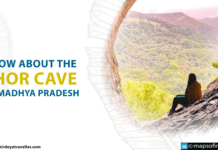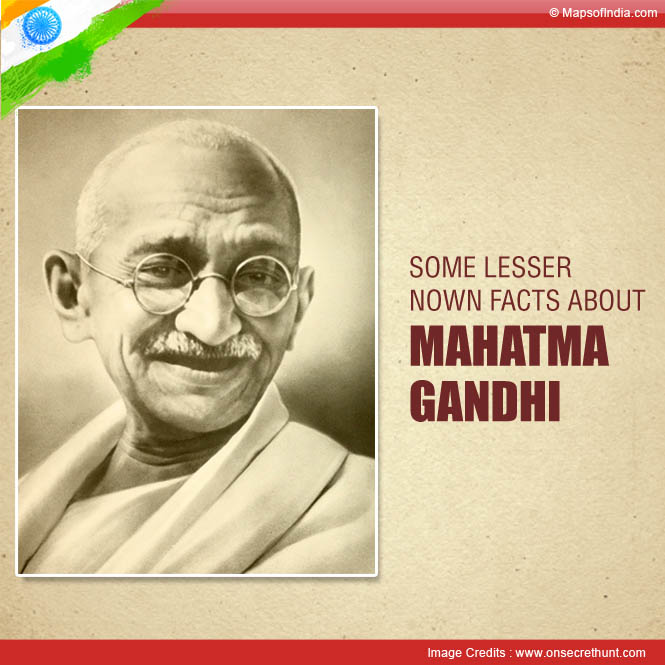One of the greatest sins Gandhi has been held accountable for in recent years is for either being a rank hypocrite or inconsistent at best. Most particularly with respect to his views on caste and un-touchability. However, in Gandhi’s own words lies his vindication, “My aim is not to be consistent with my previous statements on a given question, but to be consistent with truth as it may present itself to me at a given moment. The result has been that I have grown from truth to truth.” And rightly so! He grew drastically from his avowed belief in ‘varnashramdharma’ and abhorrence of inter-marriage to one including abhorrence of the former’s evil and religiously advocating the latter. That’s the kind of man Mahatma Gandhi was, an inveterate votary of compromise and dialogue between creed, caste, custom and community.
This book, titled Gandhi: The Years That Changed The World 1914-1918, is a sequel to Ramachandra Guha’s book Gandhi Before India, which documented the initial years of Gandhi. Gandhi’s studies in England, struggles in South Africa and culminating with his arrival in India in January 1915 were covered in Guha’s earlier book. Therefore, this book picks up from his launching into the Indian National Movement under the political stewardship of Gokhale. The book traces out his beginning with the travels undertaken across the country to make himself aware of the conditions of the masses. The book, skillfully traverses his ventures into the peasants and worker movements. It is shown how he transformed the Indian National Movement into a mass movement and consequently the Indian National Congress into a truly mass-based party. The entire rigmarole of the freedom movement with its divisiveness, his ventures into social reform, his personal experiments and the ever-swinging pendulum between mass struggle and parleys with the rulers, all of it is explained in excruciating detail.
The wide variety of sources which the author has referred truly makes this book a comprehensive retelling of the story of the Mahatma. Most salient is, the influence and impact Gandhi made on several writers/intellectuals/clerics/activists across the world spanning the Americas, Africa and Asia. You could hate him or love him, but you could not ignore him. His influence counts as all the more striking considering that he never held public office and presided over the INC only once in 1924. Gandhi was the single most important representative of the Indian people for over two decades. He became a global symbol of peace, harmony, non-violence and environmental sustainability against the forces of oppression and depredation.
Though the book is majestic and grand in the scale of its purpose and its size, it seems to be severely lacking in depth and erudition. There is a limited attempt at placing the events surrounding Gandhi’s personal and public life in the larger ideological as well as philosophical context. There is a whole tome of Gandhian thought which is being seriously worked upon by academics and thinkers. Sadly, the recounting of this debate is sorely missed in this massive tome. Further, as Faisal Devji the noted writer on Gandhi commented in his review of this book, it is in some ways intended to appeal to western audiences. Not to say that the aspects of his interactions with the rest of the world aren’t refreshing and insightful, but there is certainly an overemphasis. Further, the author has a strong penchant for assumptions and hunches which almost lead to wishful thinking particularly with respect to his relationship with Sarladevi Chaudhrani. The author admittedly is obsessed with this episode in the life of the avowedly celibate Gandhi dramatically interspersed with an encounter of romantic infatuation with the niece of the great bard Tagore.
There are certain objections I have with some of the judgments the author has made. Undoubtedly, Jinnah may have been the most important leader of the Muslims of India but his leadership was only authenticated by the enfranchised Muslims (electorate comprised only 14% of the adult population). His leadership was undisputed in seats with separate electorates. But this can’t be said of the Unreserved seats with size-able Muslim populations and also about the mass of ‘unenfranchised’ Muslims of India. Also, Lord Mountbatten has been portrayed as neutral and fair, even sympathetic to the well-being of the sub-continent. It must be put on the record that Mountbatten was no saint and he readily played both sides against each other. He hastened the partition of India in the furtherance of time-tested imperialist machinations of ‘Divide and Rule.’
Gandhi has been the only leader whose personal life is of as much interest as his public life. His fascinations and obsessions with celibacy, vegetarianism, village renewal, spinning are well-known. These were as important to him in the goal of ‘Swaraj’ as was political independence. His strange experiment at testing the strength of his ‘brahmcharya’, including his grand-niece Manu Gandhi, has given Gandhi’s detractors much fodder for his denigration. The author has recounted this episode with excellent research. While rightly frowning upon the incident, has tried to investigate the reasons that underlay this great folly which Gandhi pursued vehemently despite caution to the contrary. We must, however, recognize at least in hindsight that Gandhi was a patriarchal man and not a divine being. He had his excellent qualities but also his egregious failings.
To sum up, Gandhi was a saint/Mahatma but not a recluse in the sense that he didn’t withdraw himself from public life to steer the soul-force. In fact, he was very much involved in both the political and the personal development of Indians. Guha has summarized the legacy of Gandhi for our time with his final words – “Beyond satyagraha, interfaith harmony, environmental responsibility, the ending of British Empire, and the de-legitimising of untouchability, the practice of, and the largely successful quest for, the truth may be Gandhi’s most remarkable achievement.” Now is the time more than ever to refurbish and revive his legacy for the troubled times we live in.





